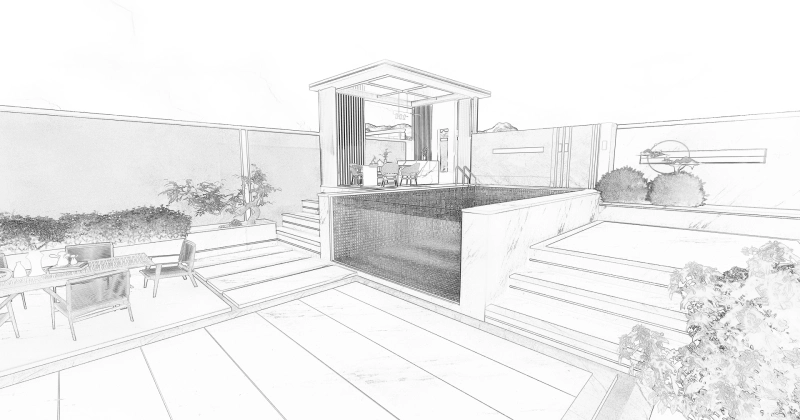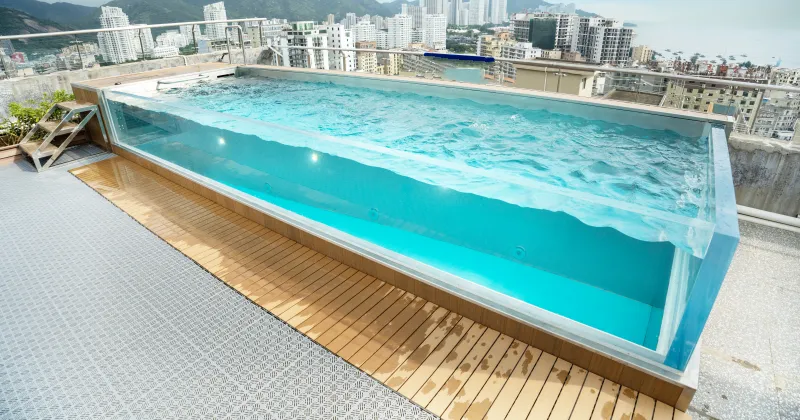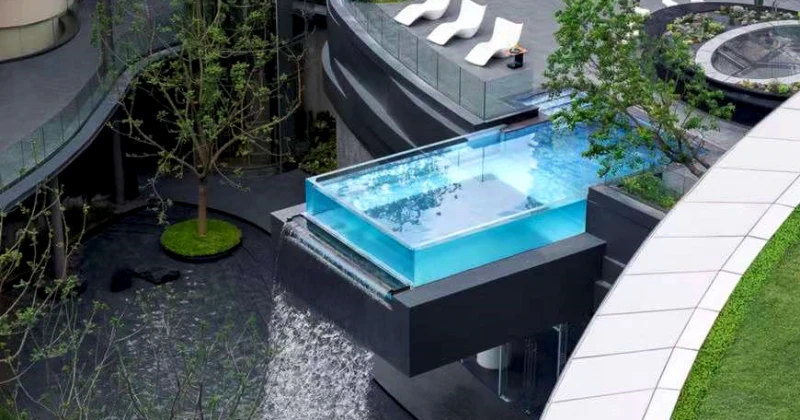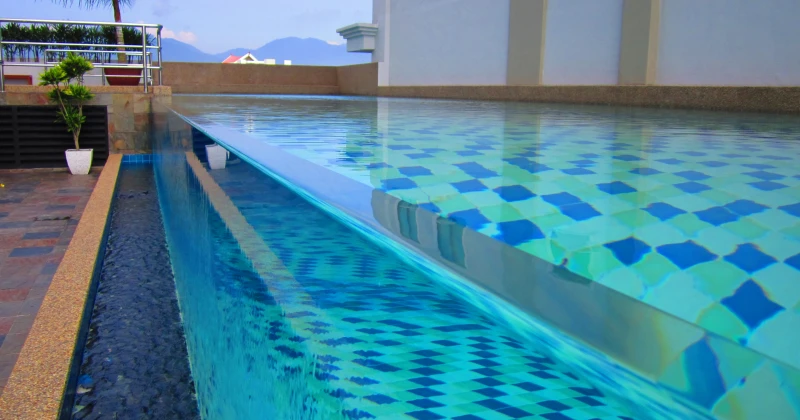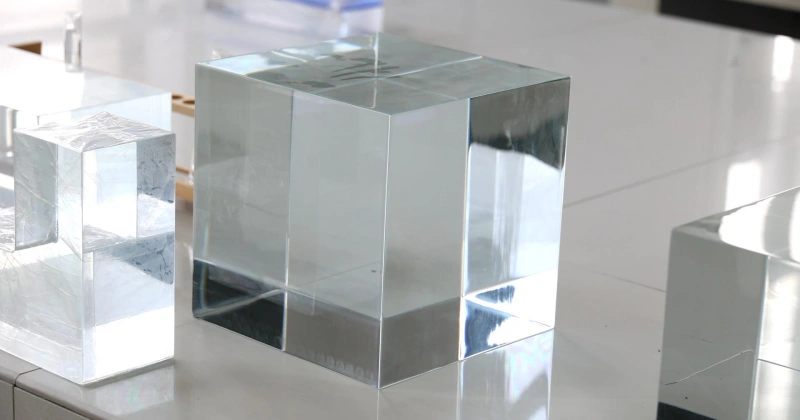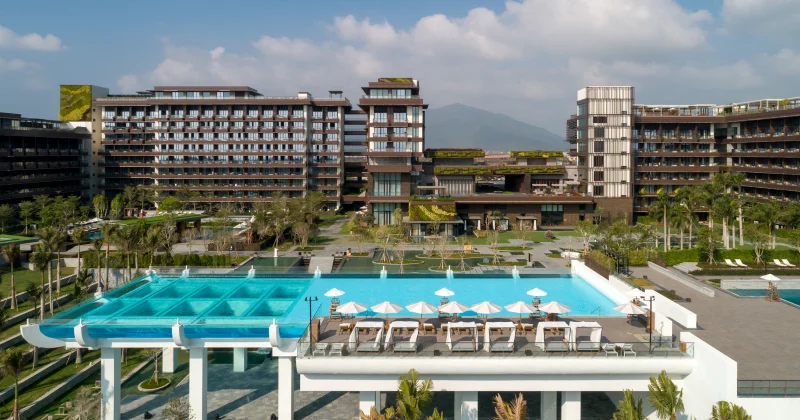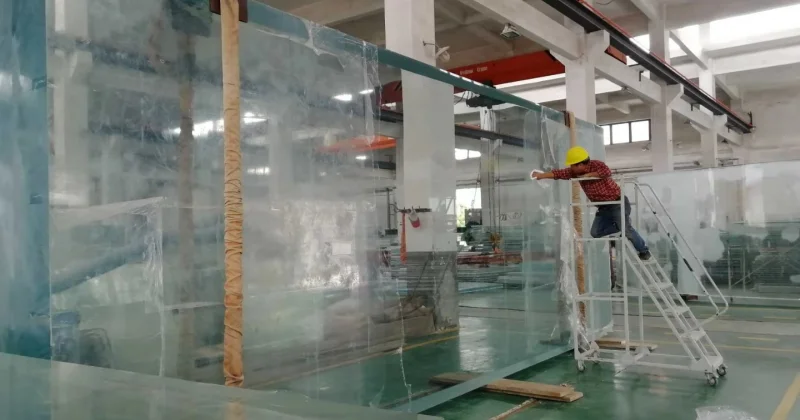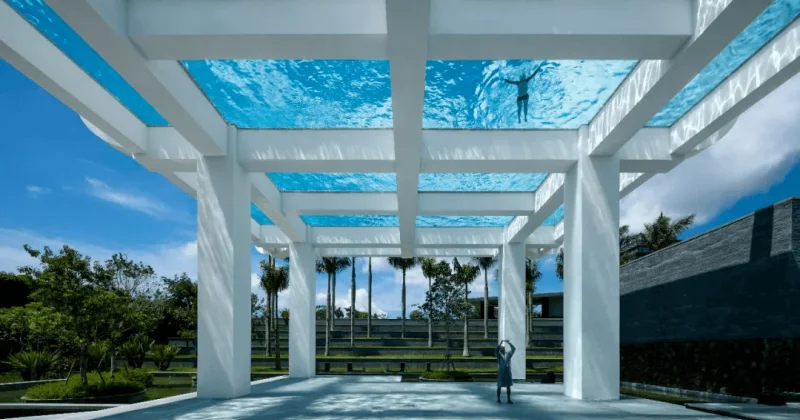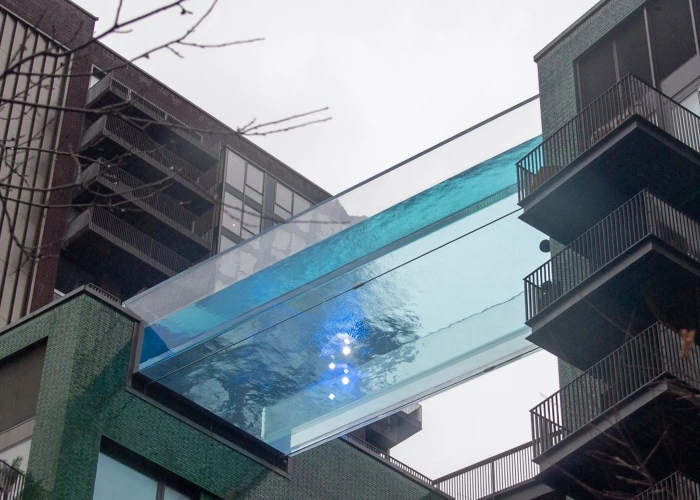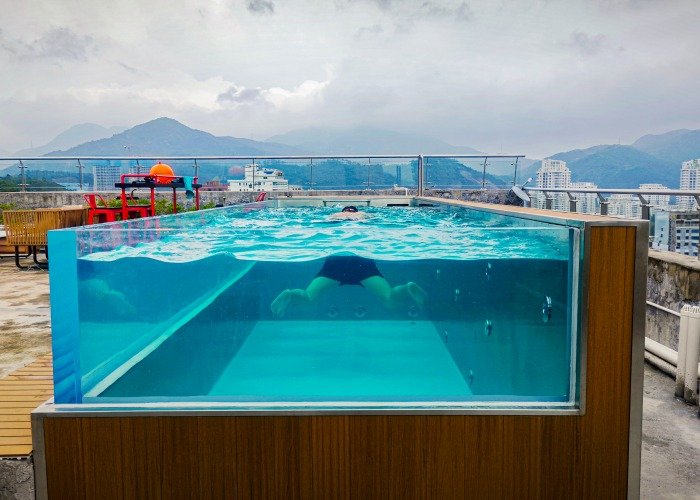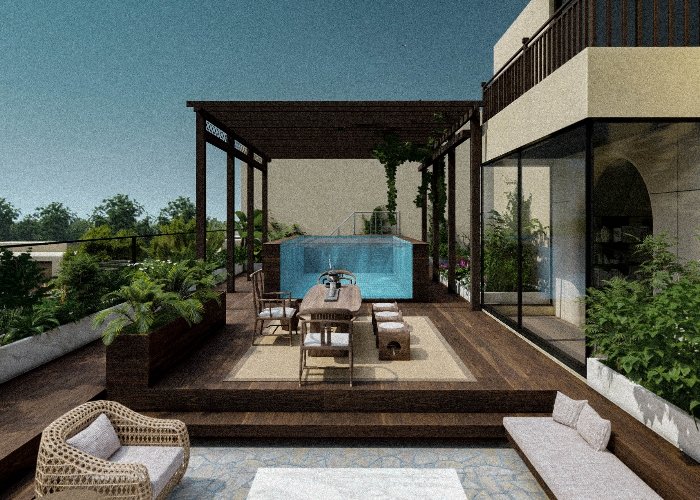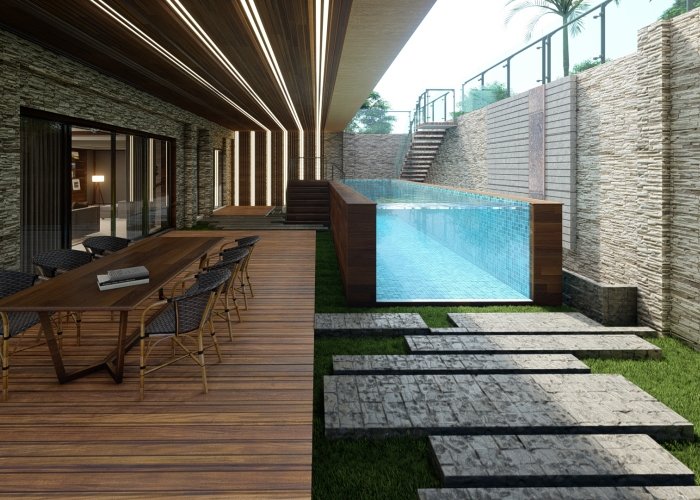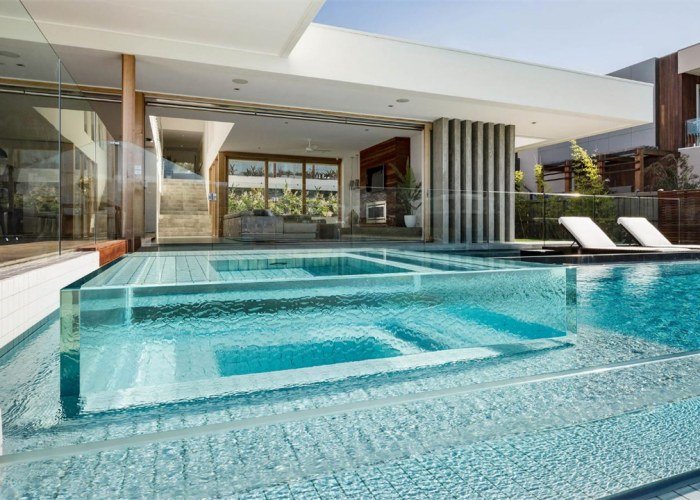
Glass Pool Installation: Key Considerations for Businesses and Architects
Adopting glass pools in contemporary architecture signals a significant shift towards more transparent, elegant designs in business environments. These innovative pools do more than offer a place for relaxation and exercise; they blend aesthetic beauty with practicality, turning typical areas into vibrant, welcoming spaces.
This article will provide and guide you on the crucial factors to consider when integrating glass pools into commercial and architectural designs, underlining their increasing popularity and the distinct advantages they bring to modern settings, including enhancing natural light and creating a sense of openness.
Understanding Glass Pools
At the heart of contemporary architectural marvels, glass pools offer a blend of luxury and clarity that traditional pools can't match. But what exactly are glass pools?
Glass pools, often characterized by their stunning transparent walls, are engineered from robust materials like acrylic or tempered glass. These materials provide clear views into and out of the water and ensure durability and safety.
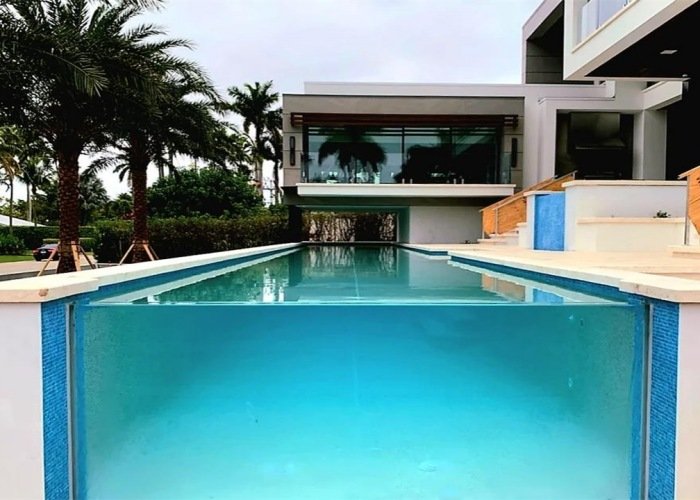
Advantages Over Traditional Designs:
The allure of glass pools lies not just in their aesthetic but in their practical benefits:
- Visual Appeal: Glass pools provide a modern, sleek look that opens up spaces and connects the indoors with the outdoors.
- Safety and Durability: Both acrylic and tempered glass are robust, providing a safe swimming environment.
Low Maintenance: Compared to traditional pools, glass pools often require less maintenance, as their smooth surfaces prevent algae and bacteria from adhering.
Design Considerations for Glass Pools
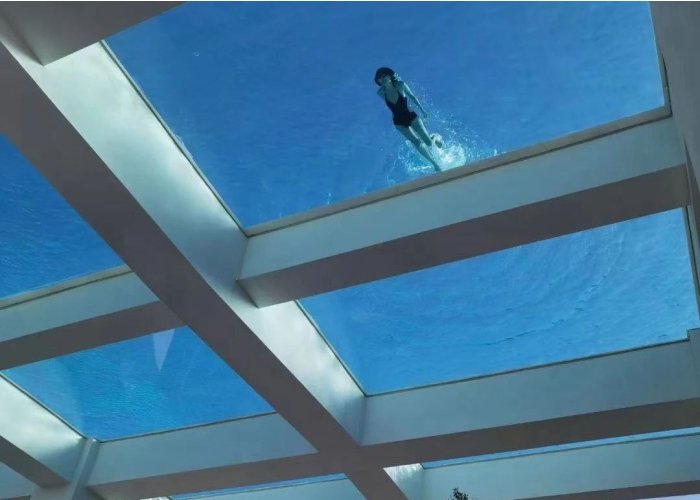
Different Glass Pool Designs and Structures
Architects and designers can explore various design options when planning a glass pool. Key styles include underwater windows that allow for unique perspectives beneath the surface, infinity edges that create a seamless visual connection with the surroundings, and frameless designs that emphasize minimalism and modernity. Each design has its way of enhancing the space's visual appeal and user experience.
Integrating Glass Walls into Pool Designs
The integration of glass walls into pool designs requires thoughtful planning to achieve the desired aesthetic and functional outcomes. Glass walls can be incorporated into existing or new pools to bring a sense of openness and continuity between the pool and its environment. Whether it's a partial glass wall for a subtle effect or full enclosures for a dramatic impact, the incorporation of glass transforms traditional pools into works of art that invite engagement and admiration.
Material Selection for Glass Pools
The success of a glass pool project largely depends on the choice of materials, which should align with goals for safety, durability, and clarity.
Choosing the Right Type of Glass
The right type of glass is crucial for ensuring the pool's safety and longevity. When selecting materials, consider factors like strength, resistance to impact, and weather durability. Safety should be a top priority; therefore, materials used must comply with safety standards to handle the stress and load that pool walls will endure.
Acrylic vs. Glass: Benefits and Limitations
When deciding between acrylic and standard glass, it's important to weigh their benefits and limitations. Acrylic is prized for its high clarity and resistance to impact, making it a popular choice for aquariums and large-scale installations. It allows for larger, seamless panels and has a lighter weight, which can be beneficial for certain designs. On the other hand, standard glass, typically tempered for added safety, offers a classic look and is highly resistant to scratching. It's also more resistant to chemical exposure, making it a durable option for pool environments. However, glass panels are usually smaller and heavier than acrylic, which may influence the design and installation process.
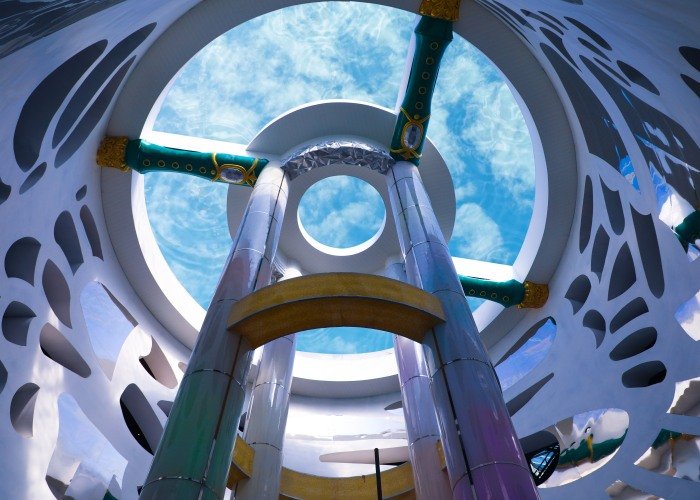
Safety and Compliance in Glass Pool Design
Ensuring the safety of glass pools involves meticulous design and construction practices, as well as adherence to local regulations and standards.
Design and Construction Practices
The design and construction of glass pools must prioritize safety to prevent accidents and ensure long-term stability. This involves choosing the correct type of reinforced glass, designing for appropriate load-bearing capacity, and implementing non-slip surfaces around the pool. Additionally, the structural design should account for natural elements such as wind, earth movement, and water pressure to prevent structural failure.
Local Regulations and Standards
Understanding and complying with local regulations and standards is essential for legally and safely installing glass pools. These may include specifications for glass thickness, load-bearing capacities, and barrier designs. Businesses and architects must work closely with local authorities and compliance bodies to ensure that all aspects of the pool meet safety requirements and are approved before construction begins.
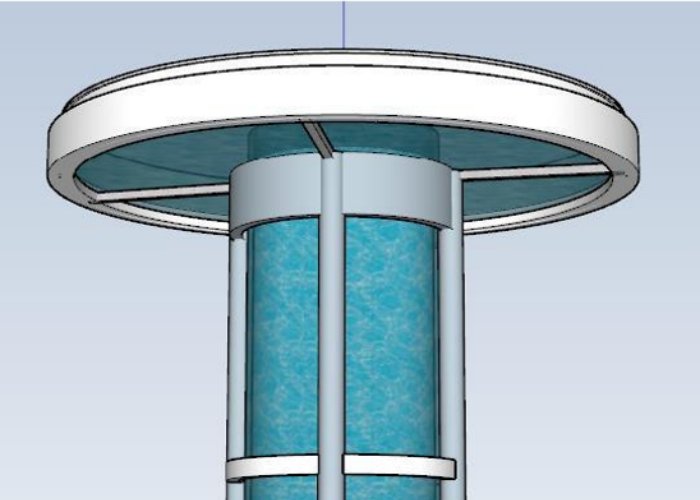
Installation Process for Glass Pools
Installing a glass pool involves several critical steps, each requiring careful attention to detail and expertise to ensure safety and durability.
1. Design and Engineering
Before any physical work begins, a comprehensive design and engineering phase is essential. This includes creating detailed plans that account for the pool's dimensions, weight distribution, and how it will integrate with the surrounding environment. Engineers must calculate the load-bearing capacity of the glass and the structure to ensure safety under various conditions.

2. Site Preparation
This step involves preparing the location where the pool will be installed. It includes excavating the area, if necessary, and ensuring that the ground is level and stable. Proper site preparation is crucial to prevent future settling or shifting that could compromise the pool's integrity.
3. Framing and Support Structure Installation
The next step is to install the frame and support structure that will hold the glass panels. This framework must be precisely aligned and securely anchored to withstand the weight of the water and the glass. The materials used for the frame, typically steel or another durable metal, must be treated to resist corrosion and wear.
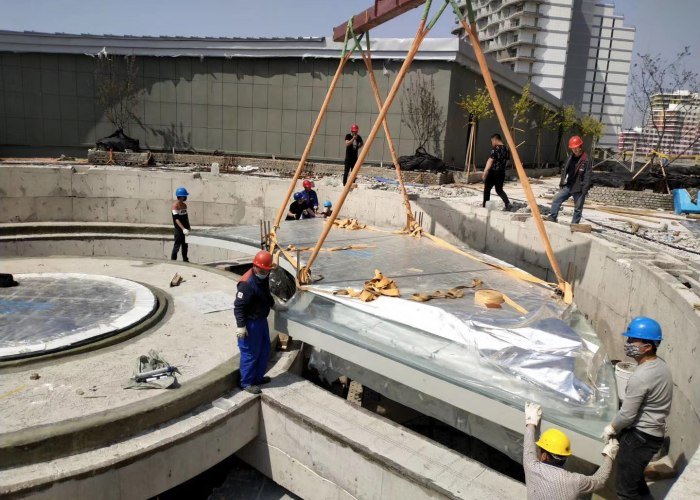
4. Glass Panel Installation
Carefully selected glass panels are then transported and installed within the prepared frame. This process requires precision to ensure that each panel fits perfectly and is sealed against leaks. The glass must be handled with care to prevent chips or cracks that could compromise the pool's safety and aesthetics.
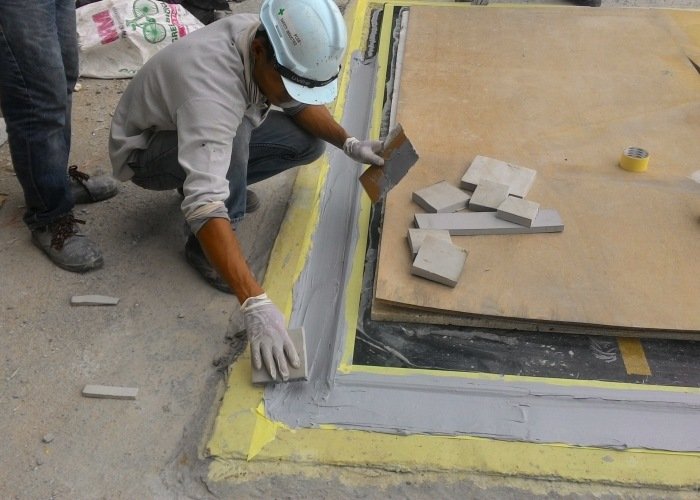
5. Waterproofing and Sealing
Once the glass panels are in place, the entire structure must be waterproofed and sealed to prevent leaks. This involves applying sealants around each panel and ensuring that there are no gaps where water can escape. The waterproofing process is critical for the longevity and safety of the pool.
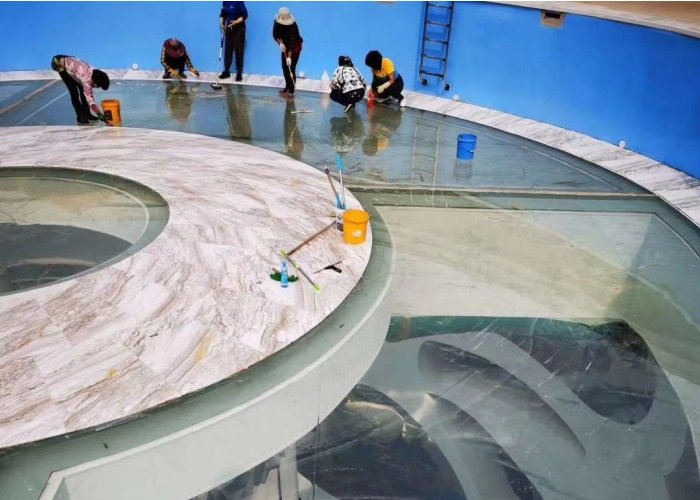
6. Final Inspections and Finishing Touches
After the pool is assembled, it undergoes a series of inspections to ensure that it meets all safety standards and regulations. Once approved, the final touches can be added, such as decking, landscaping, and lighting, to enhance the pool's aesthetics and functionality.
7. Filling and Testing the Pool
The last step is to fill the pool with water and test all its systems, including filtration and drainage, to ensure they operate correctly. This is also the time to check once again for any leaks or structural issues before the pool is officially completed and ready for use.
Maintenance and Care for Glass Pools
Regular maintenance is crucial to ensure the longevity, safety, and clarity of glass pools. Proper care helps prevent common issues such as scratches, temperature changes, and chemical exposure.
- Regular Cleaning and Inspection:
Consistent cleaning is essential to maintain the clarity and aesthetic appeal of the glass. Regular inspections can help identify potential issues early, such as cracks, leaks, or signs of wear and tear on the glass and framework.
- Managing Scratches and Damage:
Minor scratches can often be buffed out or repaired to restore the glass's clarity and strength. However, significant damage may require panel replacement to ensure safety and integrity.
- Temperature and Chemical Management:
Glass pools can be sensitive to extreme temperature changes, which may cause stress fractures or impact the sealants. Maintaining a consistent water temperature and monitoring chemical levels in the pool can help prevent these issues. Proper chemical balance is crucial to avoid corrosion or clouding of the glass.
- Preventing Algae and Mineral Buildup:
Regularly check for algae growth and mineral deposits, which can obscure the glass and detract from the pool's appearance. Use appropriate treatments to keep the water clean and clear, ensuring that these products are safe for use with glass pool structures.
- Professional Maintenance and Inspections:
While regular owner maintenance is important, professional inspections and maintenance should be conducted periodically. This ensures that all aspects of the pool, particularly structural and safety features, are in optimal condition.
Cost Considerations for Glass Pool Installation
The financial aspect of installing a glass pool involves various factors, from initial installation to long-term maintenance. Understanding these can help businesses and architects budget effectively.
Initial Installation Costs
The upfront cost of a glass pool includes materials, labor, design, and engineering. Glass type, pool size, and design complexity significantly influence the price. Custom features like infinity edges or frameless designs can also increase costs.
Maintenance and Upkeep
Regular maintenance is essential to preserve the pool’s appearance and functionality. Budgeting for cleaning supplies, professional maintenance services, and potential repairs is important. Regular care reduces long-term expenses by preventing major issues.
Potential Repairs and Replacements
Glass pools may require occasional repairs, such as sealing leaks or replacing damaged panels. Allocating funds for these unforeseen expenses ensures that the pool remains in top condition.
Long-Term Upkeep Costs
Beyond immediate repairs, consider the long-term costs of maintaining water quality, heating, and structural integrity. Efficient filtration systems, energy-saving heating methods, and durable materials can reduce these ongoing expenses.
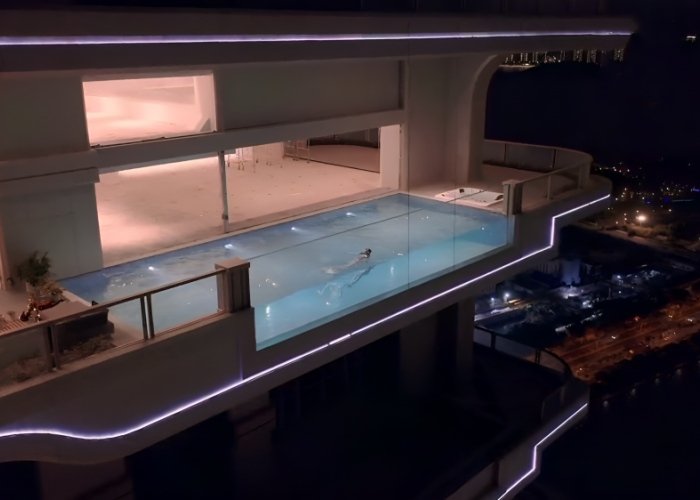
Upgrade Your Space with AUPOOL's Glass Pool Solutions
AUPOOL is a beacon of innovation in contemporary architecture. They offer a unique blend of aesthetics, functionality, and environmental consciousness. Their specialized approach in creating acrylic glass wall pools caters to both residential and commercial clients, setting new standards in design and comfort. AUPOOL's solutions transform spaces into luxurious oases, featuring crystal-clear water bounded by seamless, distortion-free views.
Beyond visual appeal, AUPOOL commits to eco-friendliness, employing advanced water treatment systems that ensure cleanliness and sustainability. Their modular design philosophy allows for customized shapes and sizes, fitting various architectural visions and client demands. This flexibility, combined with the company's dedication to quality and durability, makes AUPOOL a preferred partner for those seeking to elevate their environments with innovative aquatic features.
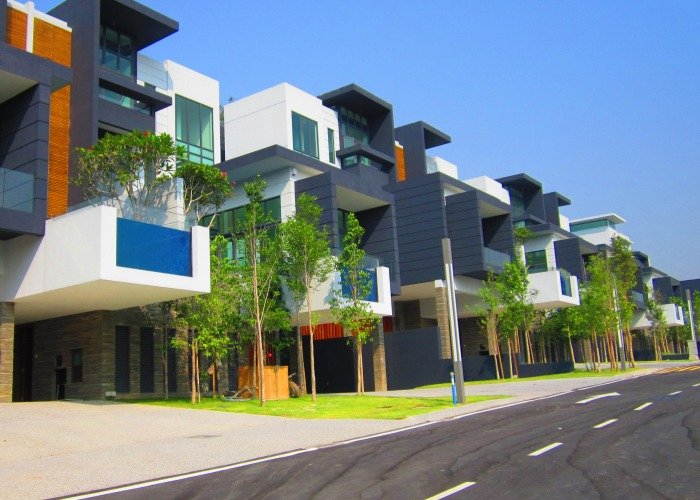
Conclusion: Reflecting on the Future of Glass Pool Installation
Integrating glass pools into architectural designs offers a blend of aesthetic appeal, innovation, and functionality. While the initial investment and maintenance require careful consideration, the benefits, from enhancing property value to improving user experience, are undeniable.
For businesses and architects considering a glass pool, it is crucial to weigh these factors against the project's goals and budget. With the right planning and execution, a glass pool can be a remarkable feature that sets a property apart.
Transform your architectural visions into reality with AUPOOL's cutting-edge glass pool solutions. Start your journey towards unparalleled elegance and innovation today!






